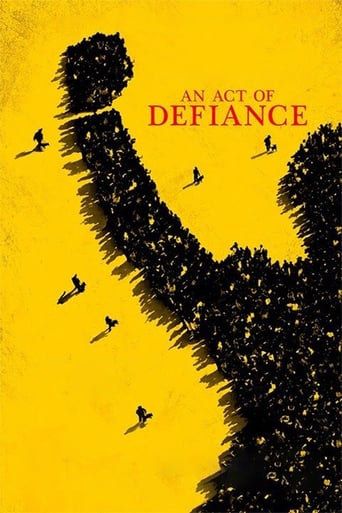Laakbaar
This historical movie tells the story of the Rivonia Trial, which was conducted in Pretoria in 1963 and 1964. This is the trial in which Nelson Mandela (amongst others) was sentenced to life imprisonment for sabotage. The story focuses on the lead counsel for the defendants, Bram Fischer. Fischer's story is an interesting one. He had himself been a member of the Communist party and had played a role in the planning of the sabotage. The defendants saw their actions as political resistance.We meet Bram Fischer's family and friends. We witness the actions and dialogue of the various personalities in the anti-apartheid movement at this time. All the whites involved -- defendants, their counsel and their prosecutors -- were mostly Jewish. We also see the Afrikaner security forces of the apartheid state, doing their utmost to bring to justice a group they regarded with hatred. We see the details of the trial.The director did a great job in recreating this particular time and place. I had the feeling that we were being shown a realistic film about life in South Africa at that time. The dialogue is mostly in Afrikaans but with some English. I suppose this easily bilingualism reflects the reality in South Africa. The use of Afrikaans certainly made the movie extraordinarily realistic.I thought that perhaps the portrayal of the Afrikaner security and justice system was not painted with a light enough touch. They seemed unrelentingly evil. However, I saw this movie with an egte boer, and he did not find it offensive or inaccurate.The story is interesting and well told in this film. At the end, the film became quite moving. I left the movie with the impression that Bram Fischer was an extraordinary and heroic Afrikaner. I recommend this movie especially if you're interested in learning more about South Africa during this period.




